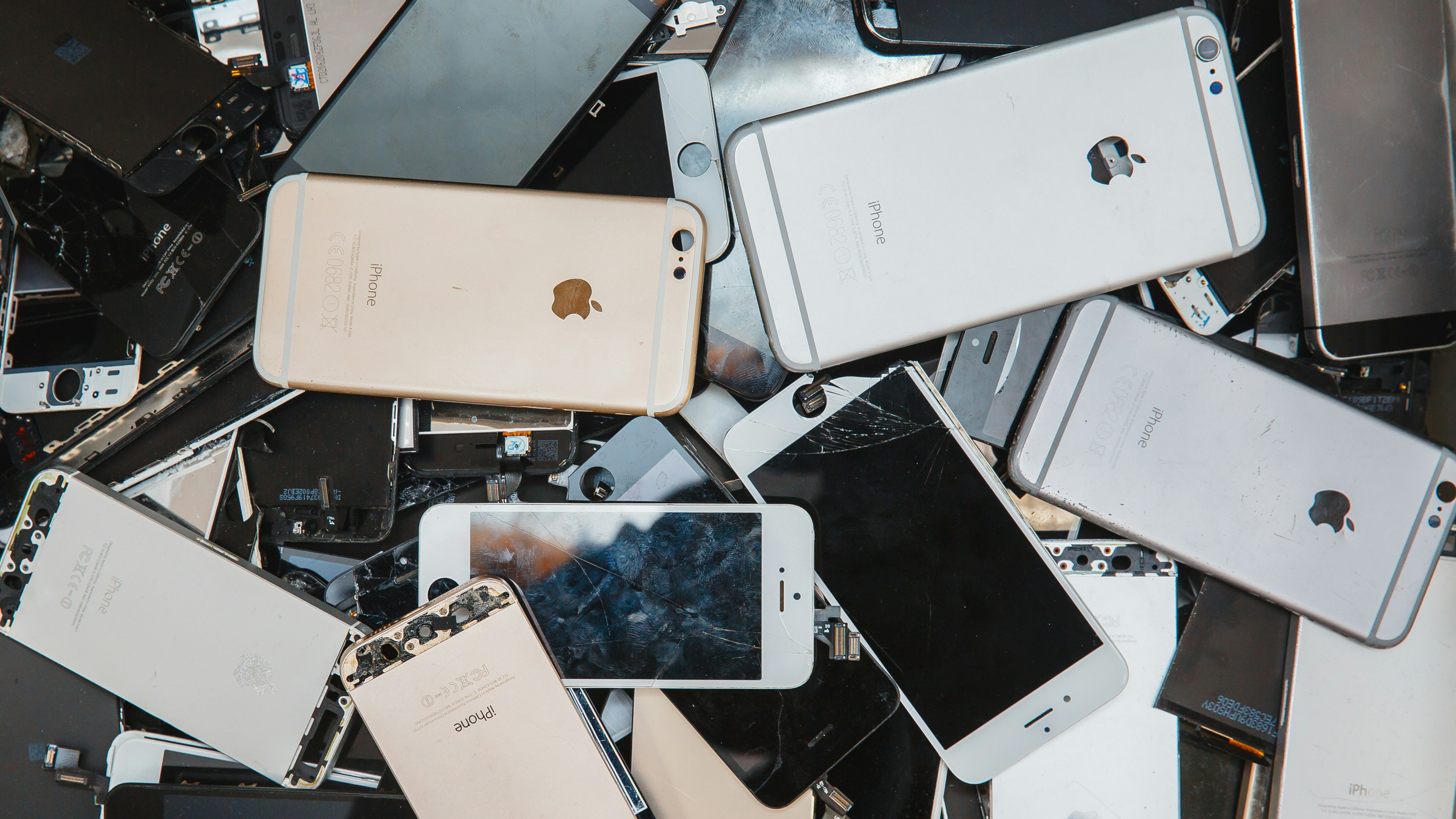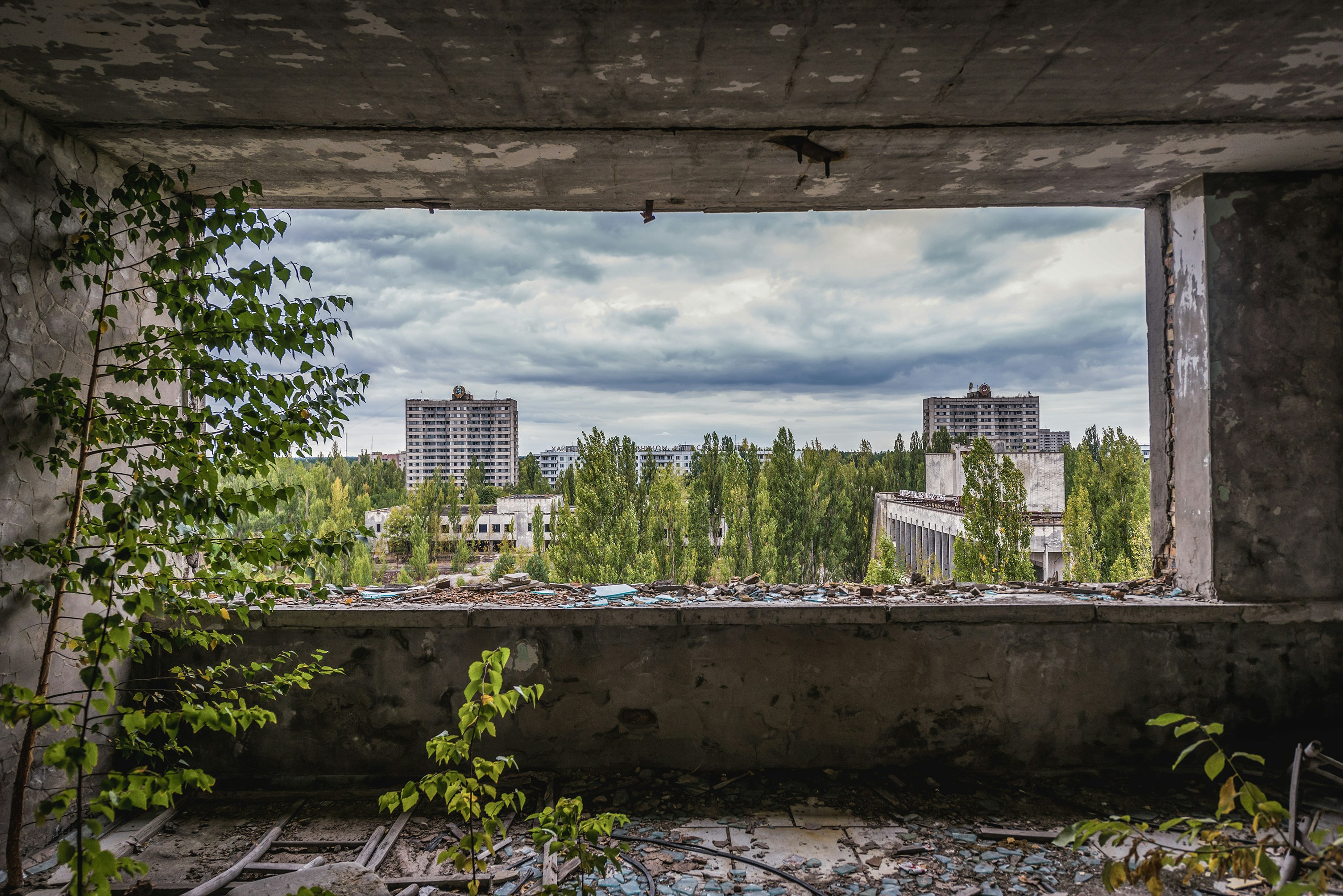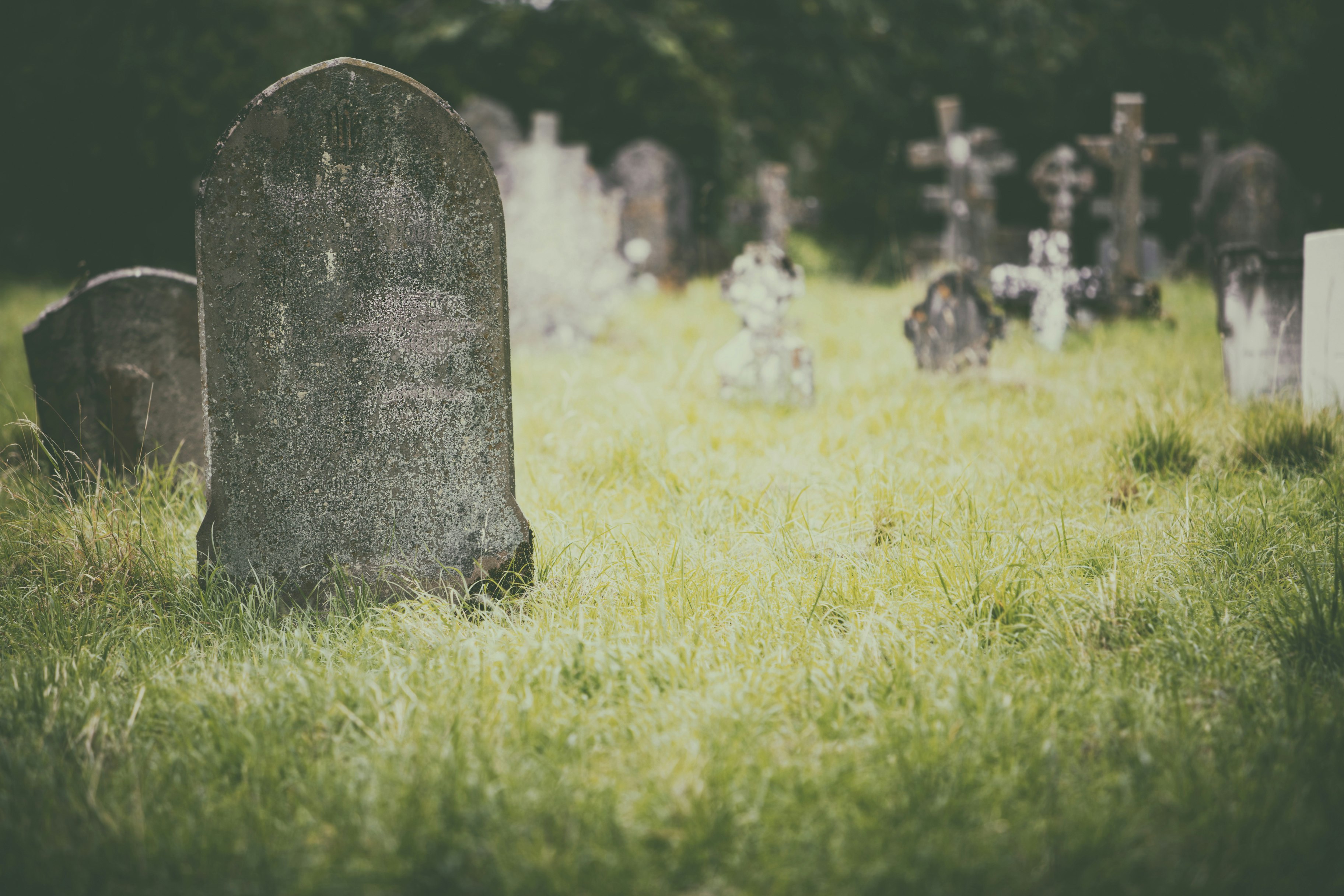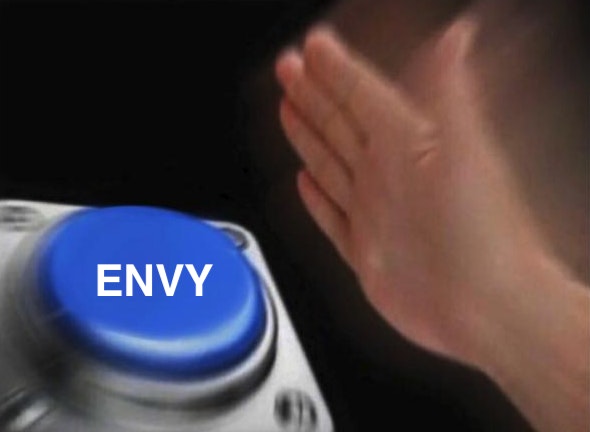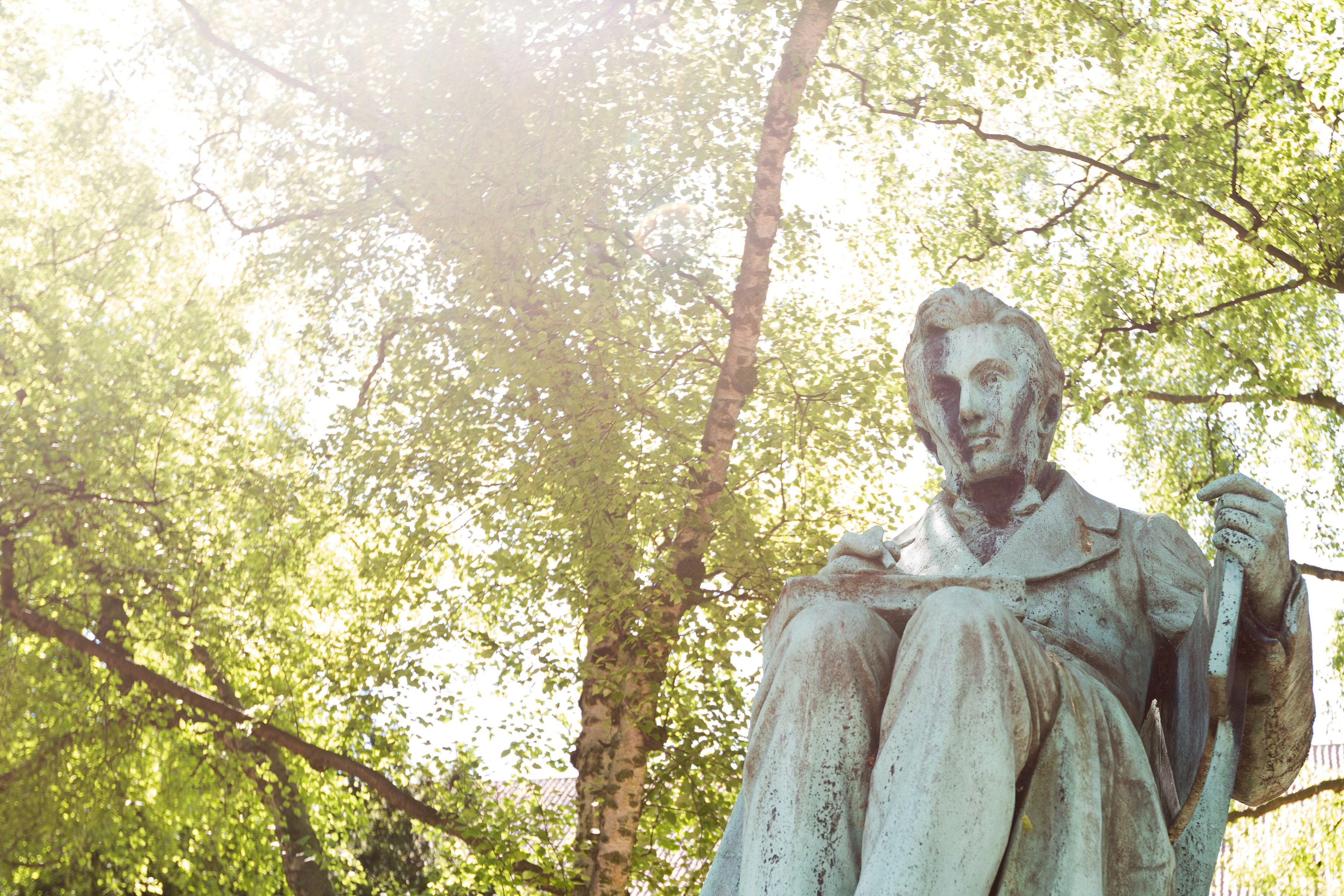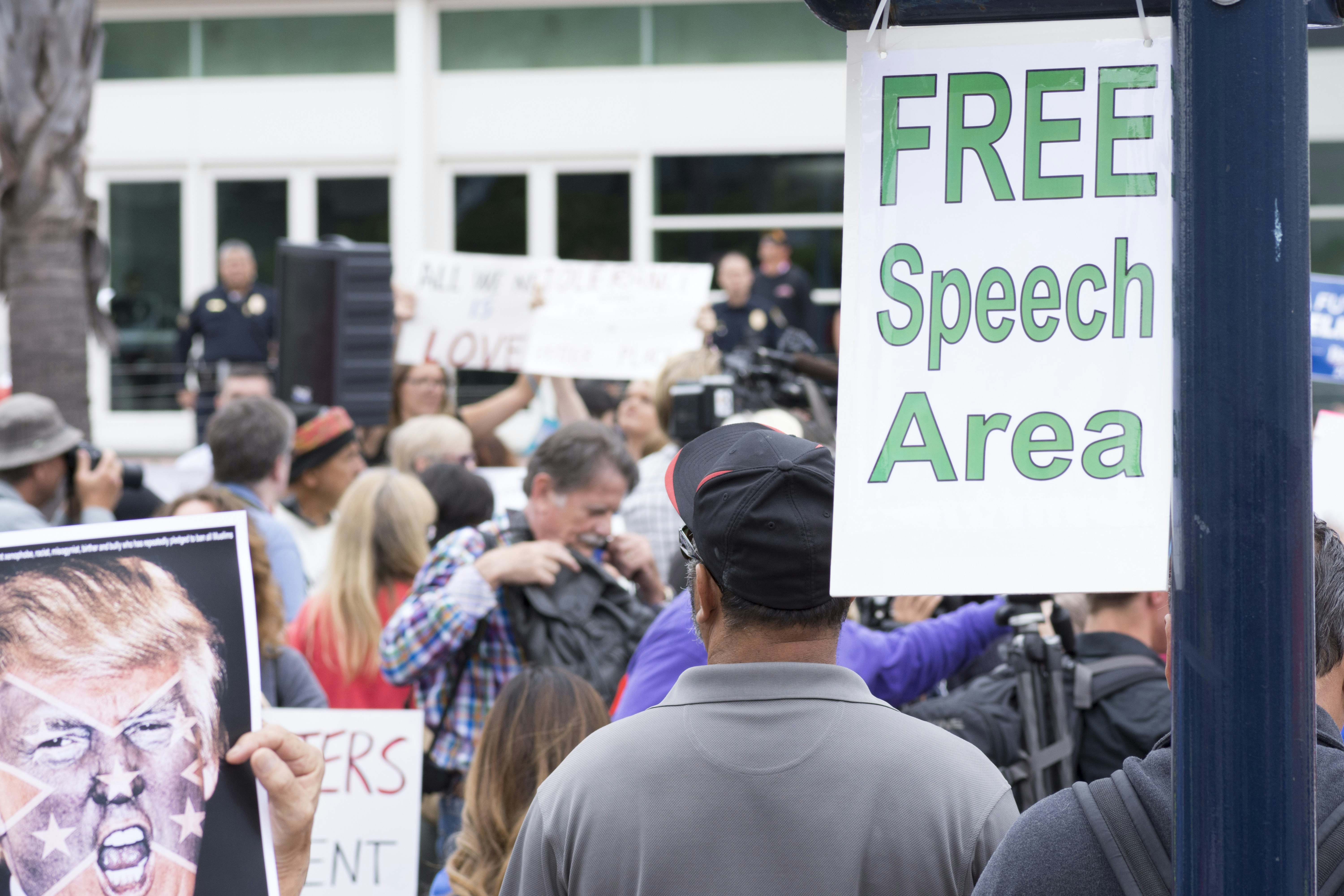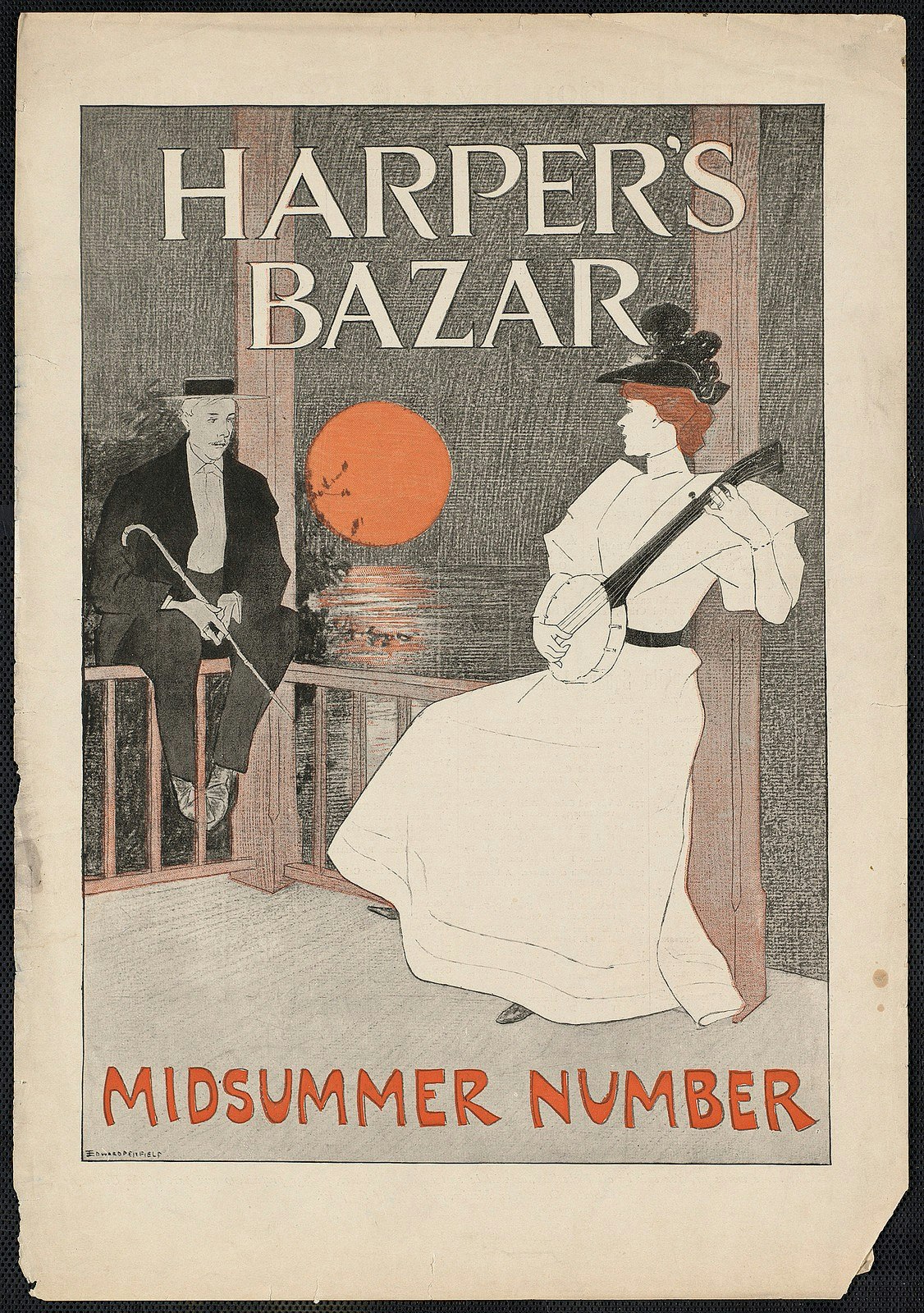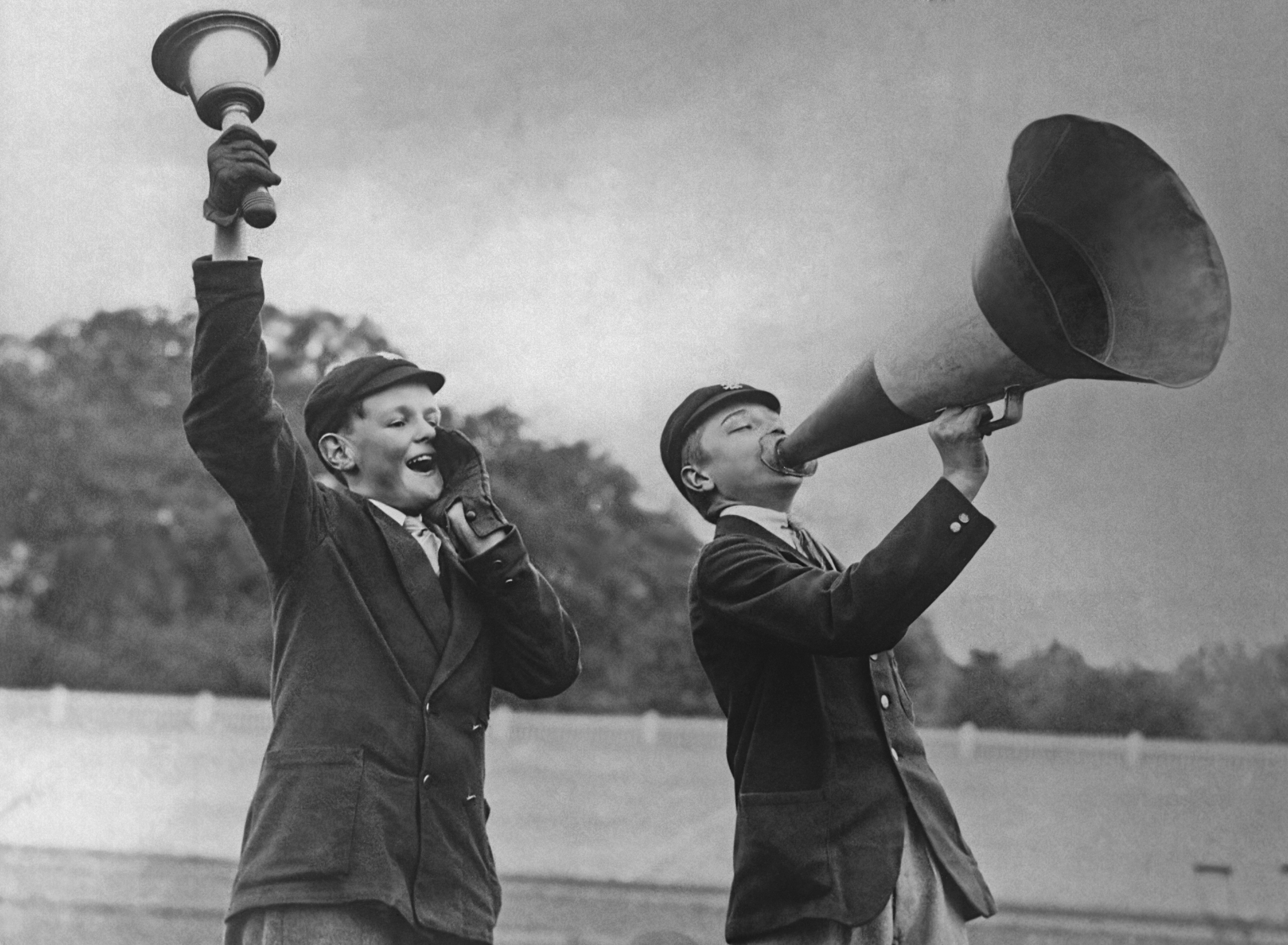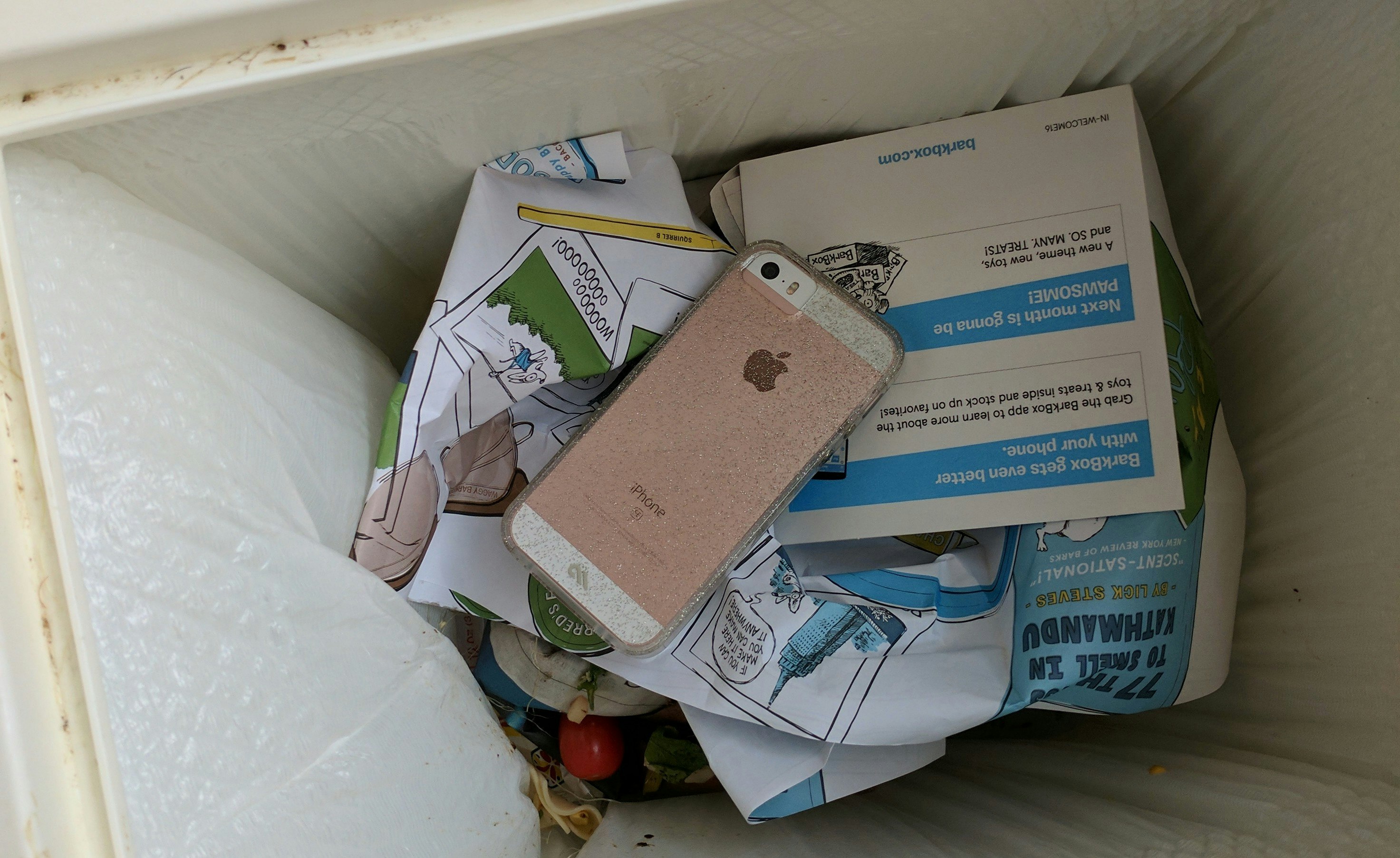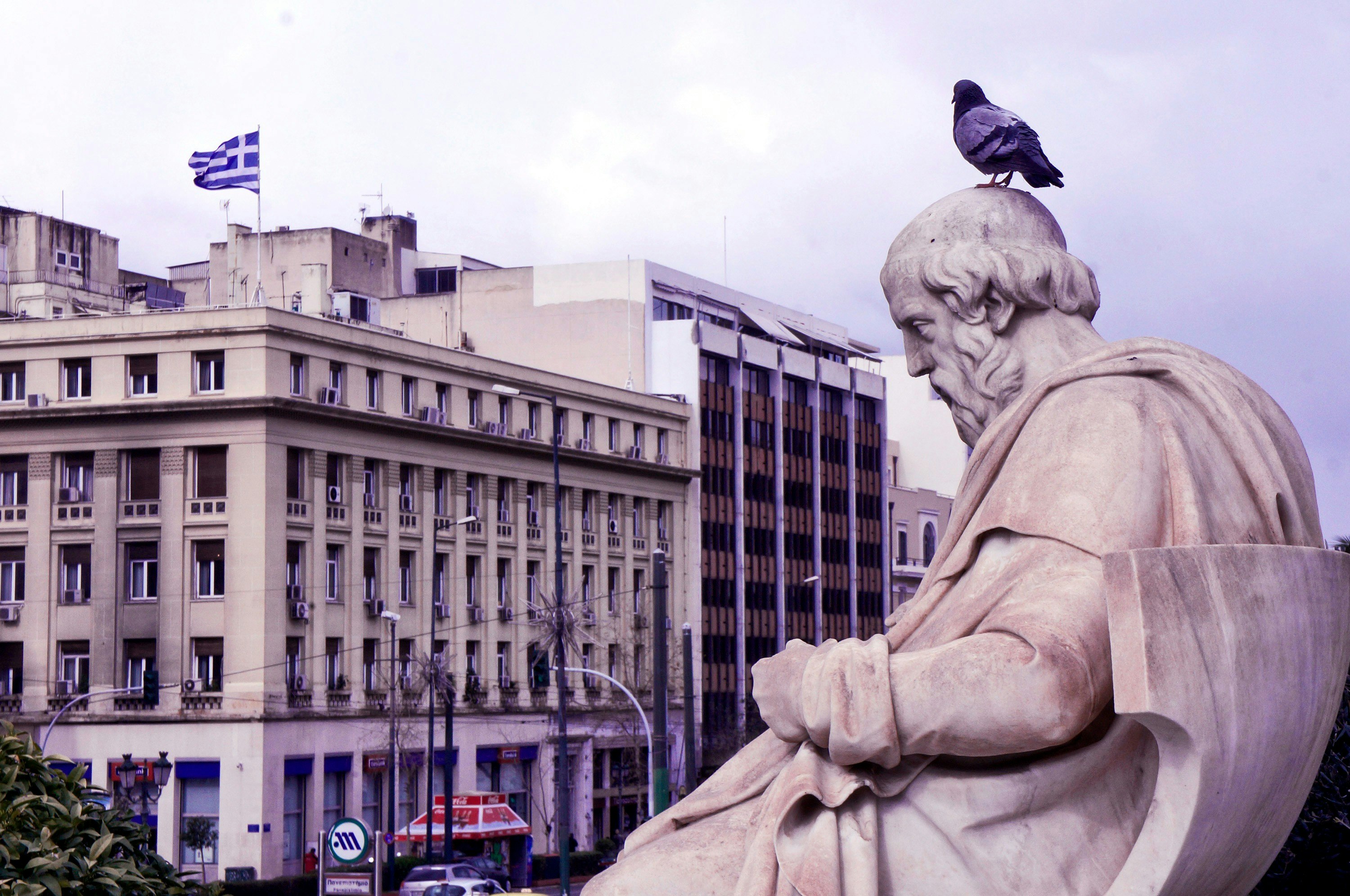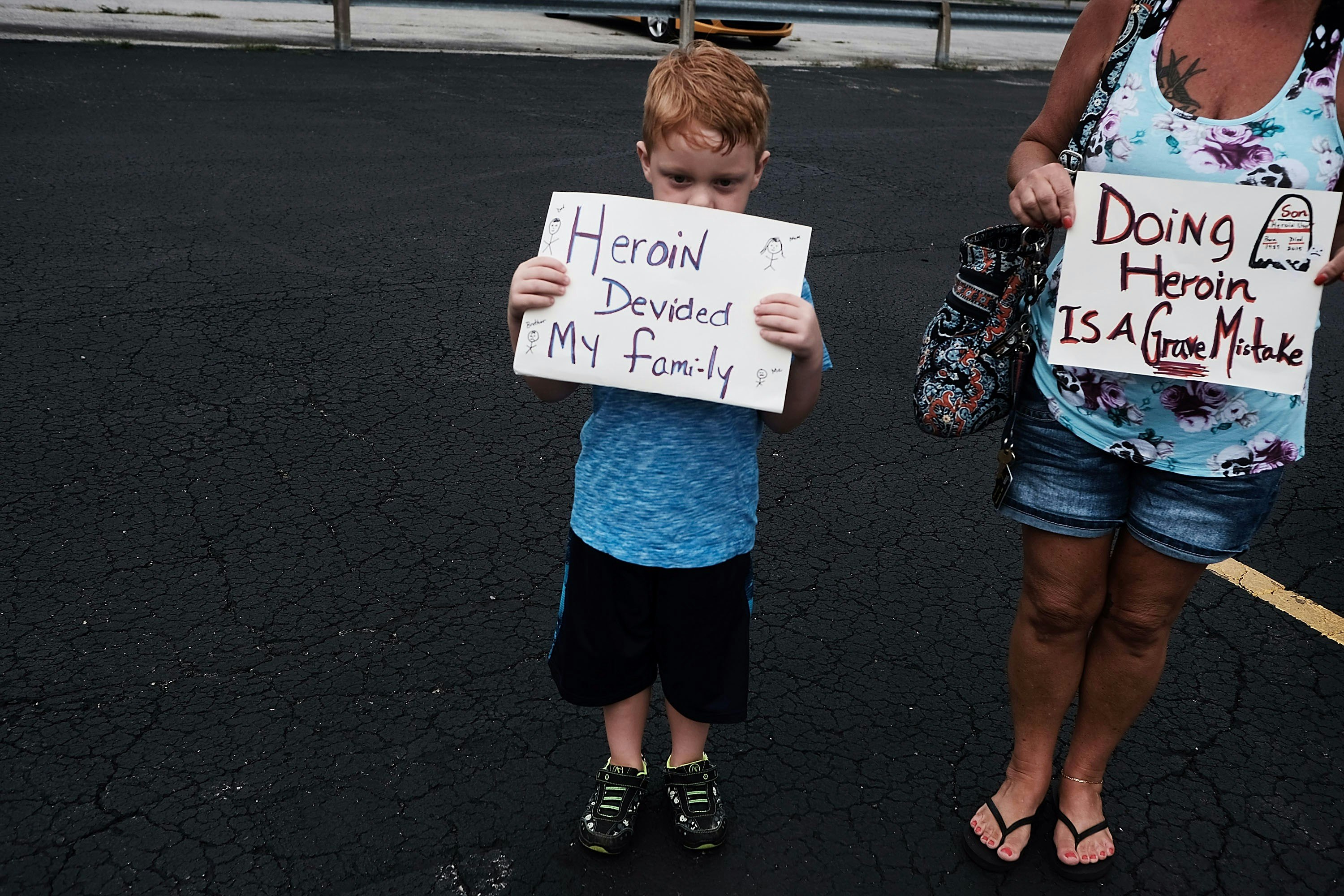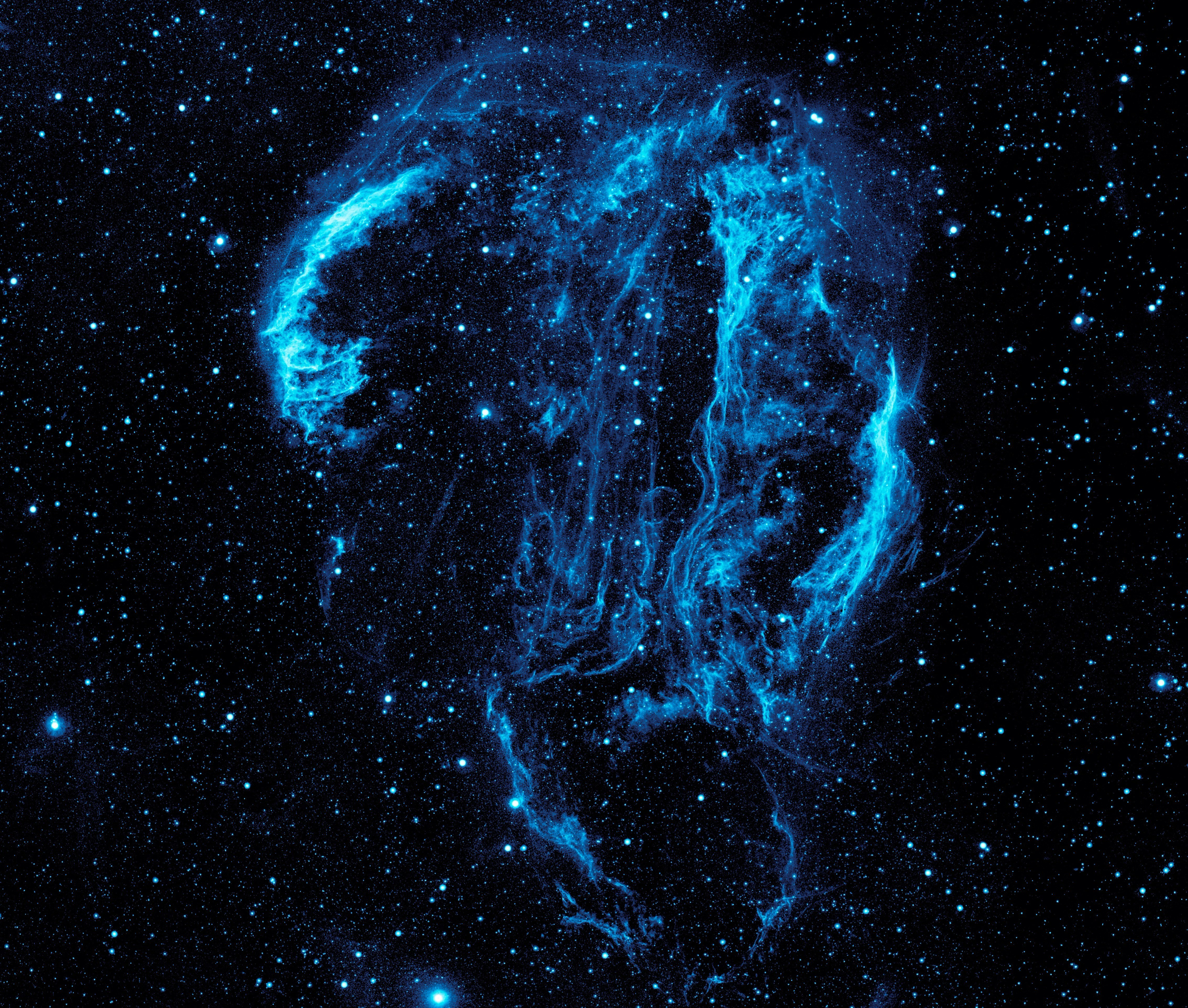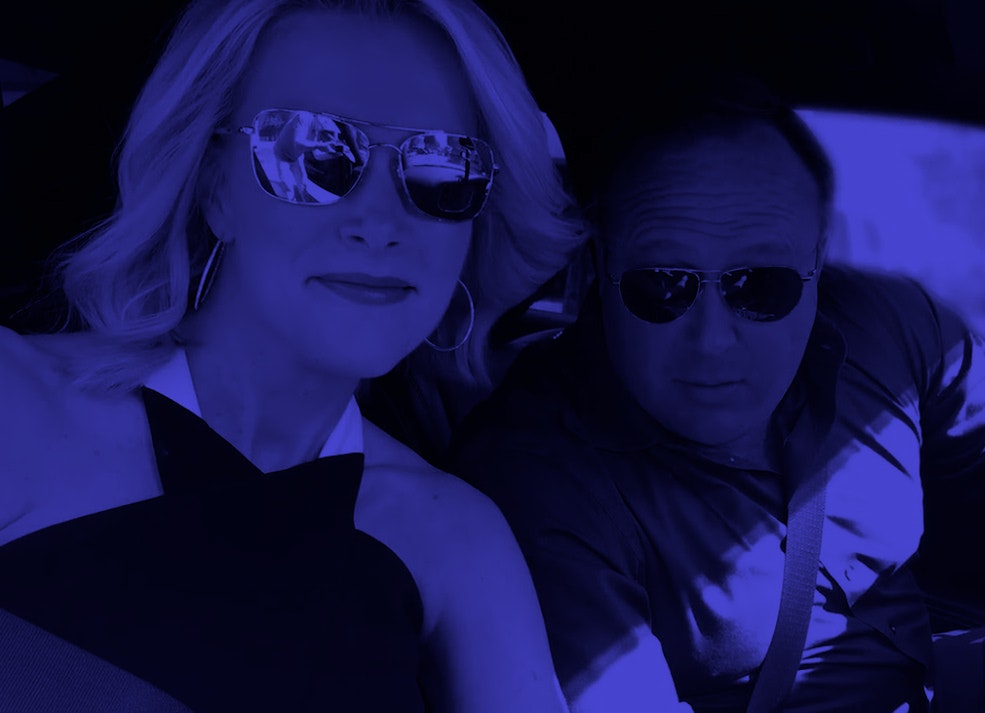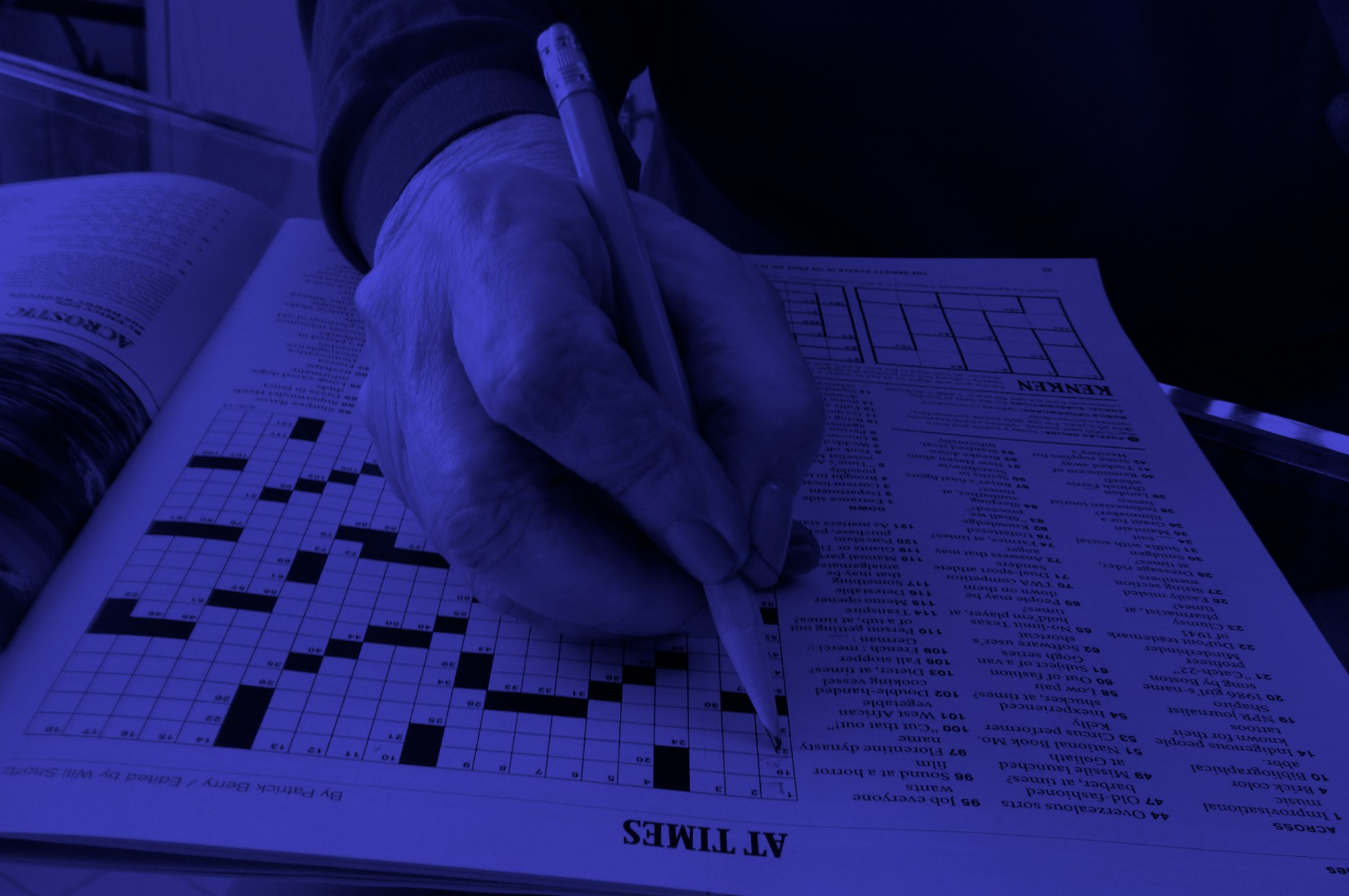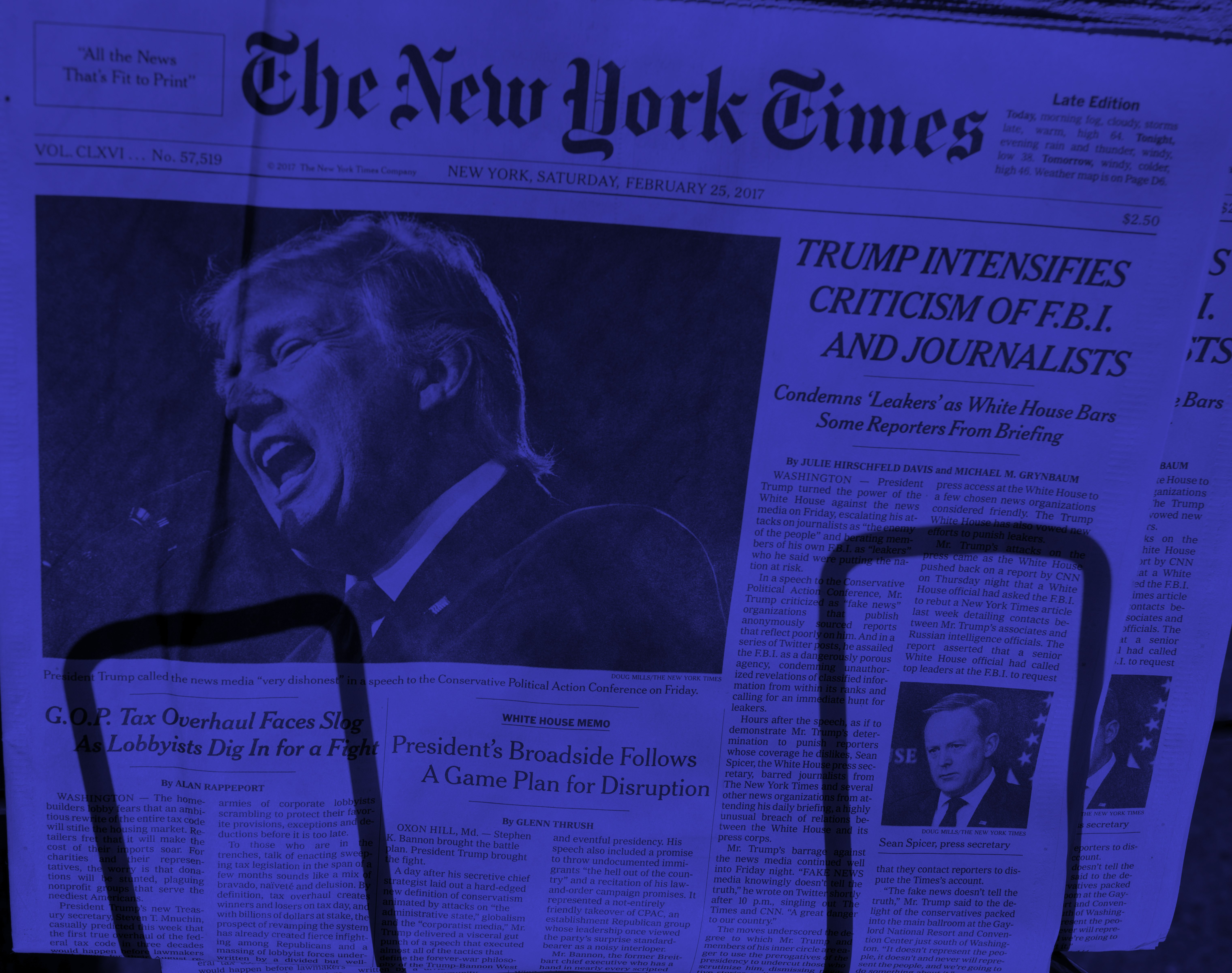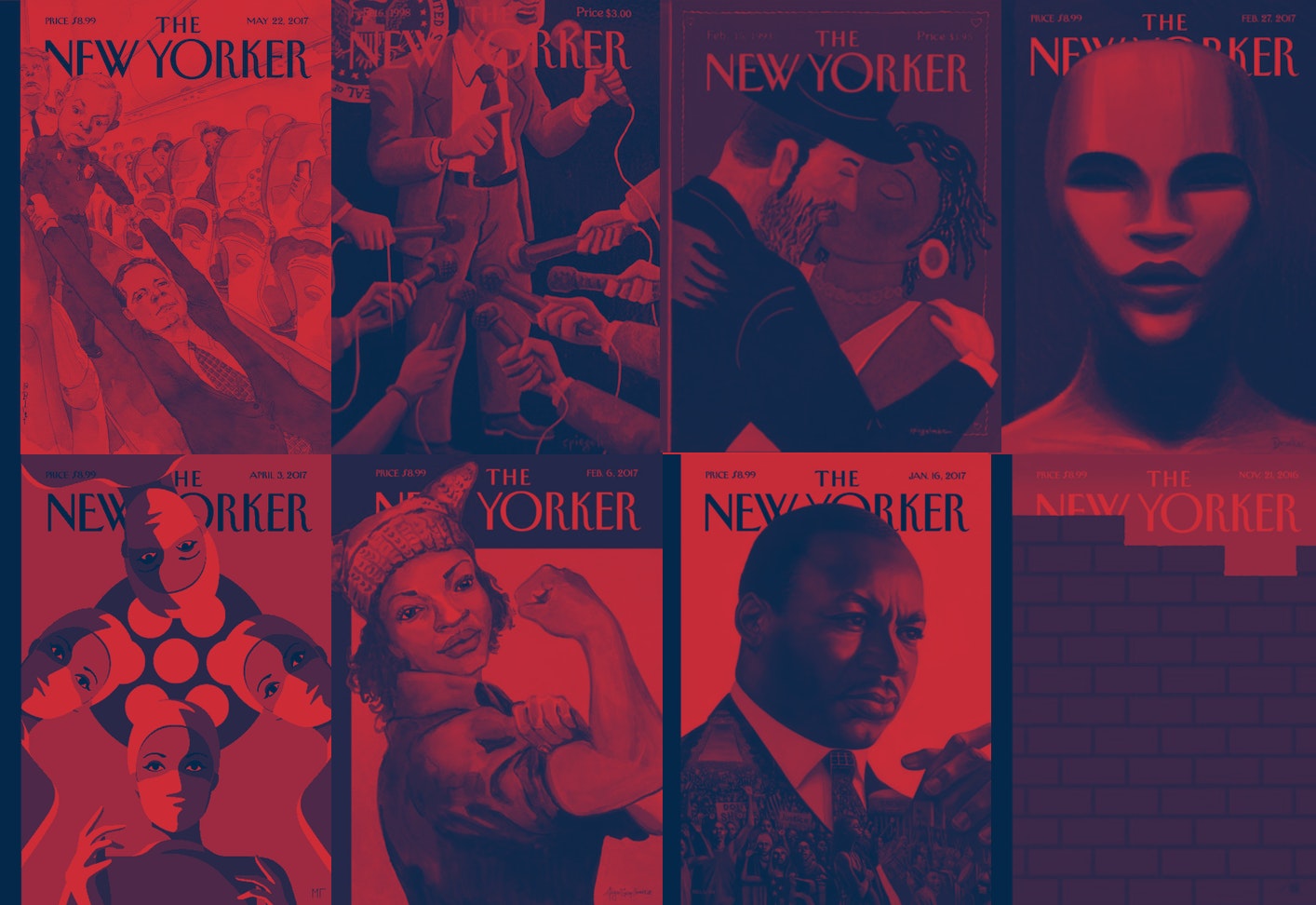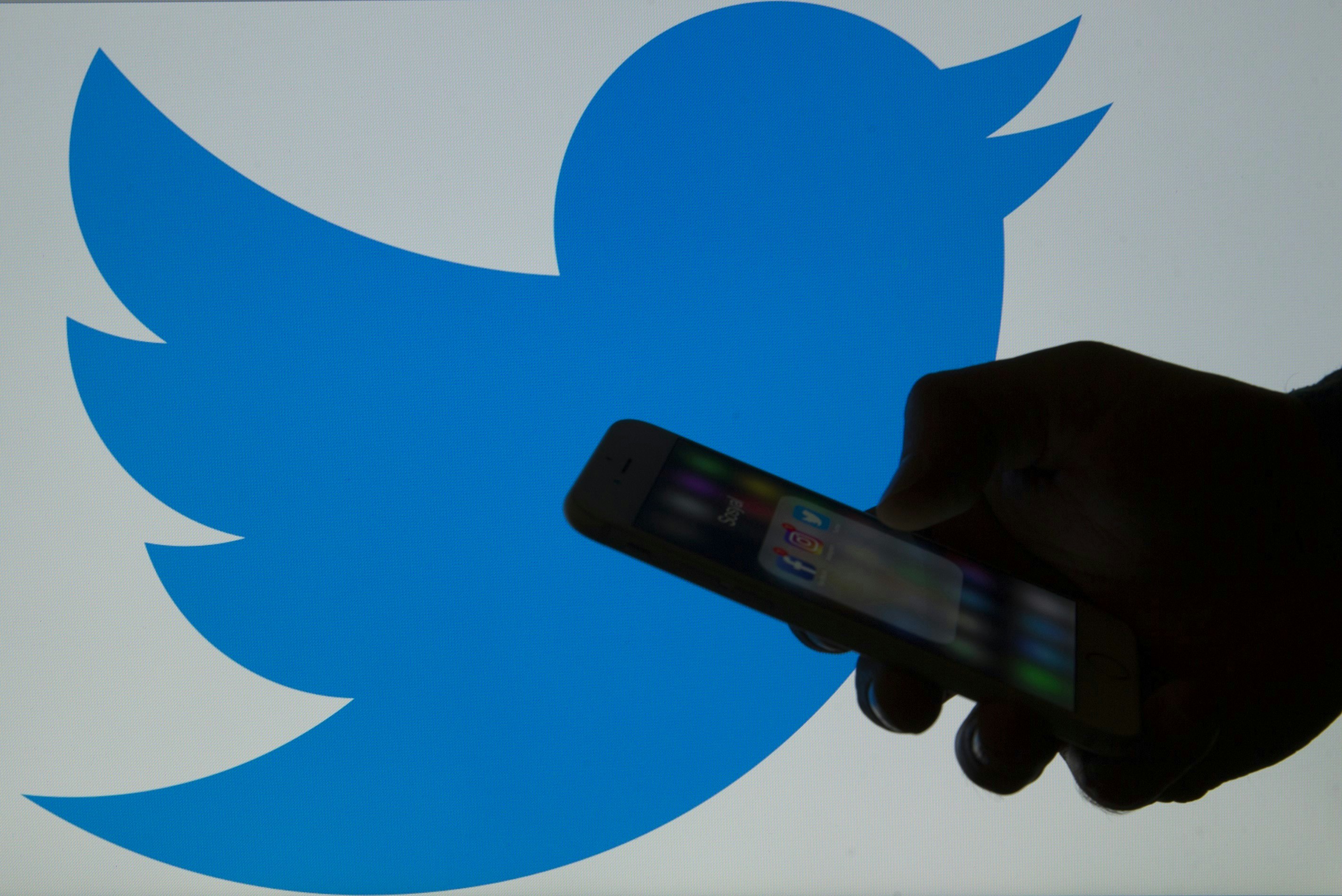I went through a fairly seismic breakup not too long ago, and after a few months of moping my friend did a sensible, caring thing and forced me to sign up for an art class. I chose a course called Natural Dyeing 101, which promised to teach one “the basics of selecting and preparing fibers, extracting color from a variety of plant materials, and fixing natural dyes to fabric.” Before coronavirus, it seemed like a nice way to get out of the house. Or at least a way to get out of the house.
Adult education is fun because you can show up 10 minutes late and wear pajamas and not take notes, which is I guess what kids do now, but it was novel for me. We learned how to prepare fabric for dyeing (it involves somewhat complicated math that I immediately forgot) and the different shades natural things produced — black walnut, from the tree, a mauve-y brown; madder root, a perennial in the coffee family, red; cochineal, little scaley bugs you grind up with a mortar and pestle, an astounding fuschia.
There was one dyeing process that really blew my mind. You see, after something you’ve dyed has dried you can modify whatever color it has become in another substance bath. One such substance is tannin, a kind of astringent found in certain plants and also the stuff in red wine that gives me migraines. A tannin bath will mute the color of an original dye, and since I prefer to wear muted colors or no colors at all, I was immediately very into it.
Because I knew I would not retain anything I learned in the class, I wanted at least to learn the lingo so I could confidently talk about natural dyeing should it come up in a future social interaction. I asked the instructor what the process of the tannin bath was called. She laughed a little, and said, somewhat incredulously, that it was called “saddening” the fabric — literally making a color look sad.
I think I have been waiting my entire life to hear such a term. Saddening! Forcing something normal or bright to become dull, even drab. A restrained state of being, the result of being forced into a scalding bath with a spoonful of a certain polyphenolic compound. Something that is done to you over which you have no control.
The thing about natural dyes is that they’re not especially effective. Some will completely fade from fabric over time. A saddened shirt might become less and less sad, and then one day it’s almost white again, and you might remember that at one point it was sad, but that was a long time ago, and now it’s spring and you’re maybe dating someone new and even though you signed up for another art class you don’t need as many reasons to leave your house anymore because it isn’t that hard.
Saddening! I think I have been waiting my entire life to hear such a term.
That was then, before the great plague, when going to art class was at least an option and not something you felt a disproportionate amount of guilt for skipping in order to watch Survivor. How to comprehend coronavirus? We can’t. Like 9/11, it is a completely schema-blowing experience; it is difficult to understand because we have no framework for going through something like this. You can read the New York Times liveblog, but I promise you it is only there to make you mad and scared and question why some people don’t have jobs while Frank Bruni does. (You can reference this piece on ethical news consumption for relevant philosophy on how much coronavirus news it’s ok to consume. (It’s by me.)) Life has been changed completely, forever.
A lot of media places have been using the Spanish Flu of 1918 as a comparison point, which irks me, big surprise I know. Coronavirus is nothing like the Spanish Flu for many reasons, including that the flu occurred before it was socially acceptable for women to wear pants. At least if you’re a woman who gets coronavirus, you can weather it in pants; the world has changed that much. But there are, I admit, certain instructive things we can learn from the flu about the human and social cost of sudden suffering.
My mom this week sent me a letter that my great-great grandmother wrote to my great grandfather, Aloysius (Aloys), about his sister Anna, my great-great aunt, who died of the Spanish Flu in 1918. She had recently given birth to her fourth child and was therefore more susceptible to the virus. “I stood watch at her deathbed yesterday and today,” my great-great grandmother wrote. “She has grown so skinny, a picture of suffering, that continuous death rattle. She is talking out of her head and twice now she has begged me to take the little four-month-old Agnes and place the three older children in an orphanage.”
A truly horrible thing to read. “I had the nicest plans but dear God does not want it that way.” Well, shit, great-great grandma.
We are all now in this boat: people whose daily lives have been obliterated, normalcy and joy replaced with fear and sadness. We will likely get a little sick. We will definitely know someone who gets sick, if we don’t already. Some people will get sicker. Others will die. Children will lose their mothers. And we have no choice but to witness it; we will spend the next few months being suspicious of the air we breathe, anticipating certain pain. We had the nicest plans, but.
If you want you can call this time period The Saddening, kind of like The Troubles. I might do that, treacle be damned, because it’s sad, what is happening, how we are trapped in it, how there’s nothing we can do to get out. So I’m just going to be sad for a while. It will pass eventually and, when it does, everything will look different.
Get Leah Letter in your inbox.


